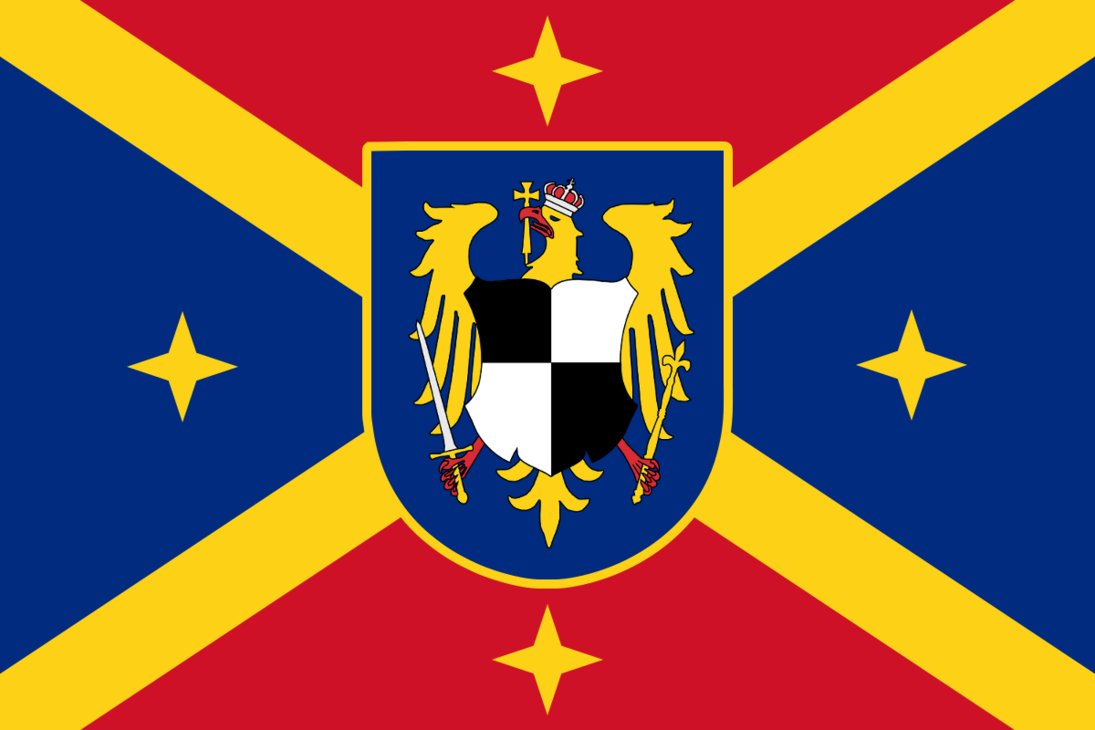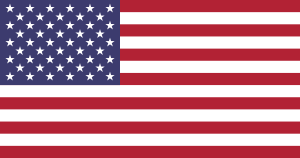Spacekitty
Recently Resurrected Divine Feline Entity.
Rules for nation creation;
1. You must use present day borders, population and economic situations
2. You may customize a present day nation, but it will have the same population, borders and economic situation as modern day
3. You may recreate a post nation, but its total land may be no bigger than Italy. A good example would be recreating Yugoslavia
4. Large past nations like the Roman Empire or the USSR may be created, but they may only use their "core country". Like Italy for the Romans and Russia for the USSR
5. Your army may only be 15% of your population
Name:
Population;
Military:
Territory:
Culture:
Government type:
Economic Model:
Leader(s):
History:
1. You must use present day borders, population and economic situations
2. You may customize a present day nation, but it will have the same population, borders and economic situation as modern day
3. You may recreate a post nation, but its total land may be no bigger than Italy. A good example would be recreating Yugoslavia
4. Large past nations like the Roman Empire or the USSR may be created, but they may only use their "core country". Like Italy for the Romans and Russia for the USSR
5. Your army may only be 15% of your population
Name:
Population;
Military:
Territory:
Culture:
Government type:
Economic Model:
Leader(s):
History:
Last edited by a moderator:




